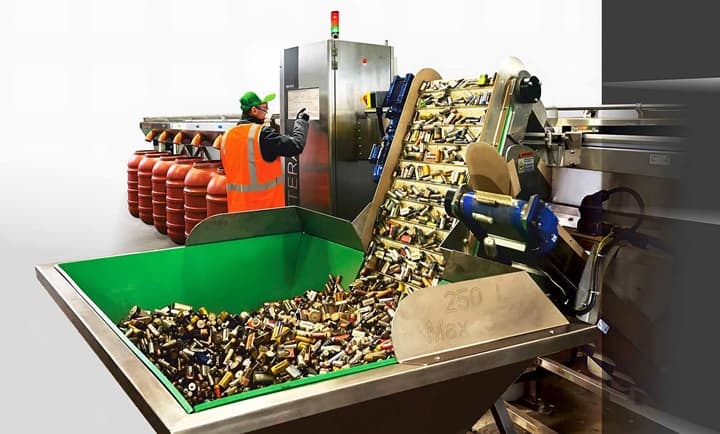
Amongst other security and test equipment based on X-ray technology LINEV Systems UK Ltd, a high-tech company in Ramsgate, supplies X-ray Body Scanners to various prison services around the world.
These are used to screen prisoners to detect contraband being carried internally.
One of the prison services using the LINEV equipment is the UK Ministry of Justice which has just announced that, over the last three years, more than 48,000 attempts to smuggle contraband into prisons have been detected by the Transmission X-ray Body Scanners.
Contraband found included drugs, mobile phones and sharps – all of which pose risks to the security and safety within the prison.
LINEV account manager Chris Howard said: “It is often forgotten that a Pay-As-You-Go mobile -prisoners do not use monthly accounts on illegal phones – is useless without a topped-up SIM card: the detection ability of the LINEV Systems Body Scanners is so good it allows the detection of replacement SIM cards as well as the original phones.”
Prison Governors have called the LINEV Body Scanners ‘game changers in the fight against contraband being smuggled into prisons.’
While LINEV is proud of the contribution it is making in the fight against contraband in prisons, it is also proud that another of its products – the BatteRay – is having a significant effect on reducing society impact on the environment.
Many people still throw batteries in the household waste when they are flat. There are two problems with this: first they contaminate the environment (a single AA battery can contaminate 10 sq m of soil with heavy metals) and, secondly, this means we have to extract new heavy metals for replacement batteries: a process that is expensive and damaging to the environment when compared to recycling the old battery to reuse the internal chemicals.
LINEV MD Rob Keeler, said: “Most batteries end up in landfills instead of being recycled or disposed of properly. The danger lies in the fact that these batteries contain toxic chemicals that are absorbed by the soil. Once they leak into the surrounding areas, that’s where the deleterious effects take place.
“ You may not be convinced a tiny AAA battery is detrimental to the environment but once you know how many of these things are being produced every year – and how many end up in landfills – you’ll definitely change your mind.”
LINEV Systems has released the BatteRay, which automatically sorts household batteries into different containers according to their internal chemistry, with an accuracy of over 99.6%. This is essential to allow the batteries to be reprocessed to extract the key heavy metals within them efficiently. The process is different amongst the types of battery technologies.
Many recycling companies around the world, including in the UK, have already purchased and installed the BatteRay with several stating that it is a quantum step forward in battery recycling. Discussions are underway with many other customers and organisations and LINEV Systems is confident the BatteRay will continue to sell in significant numbers in the future and do its bit for the environment.
LINEV Systems has already grown significantly, predominately by local recruitment in Thanet, since opening the facility and has plans to continue steady growth over the next few years.
It now provides business development, sales, engineering and support functions and is undertaking science research into the next generation of its products in line with its stated aim of following the “Path to Scientific Truth”.
If you would like further information on LINEV Systems UK visit www.linevsystems.uk

